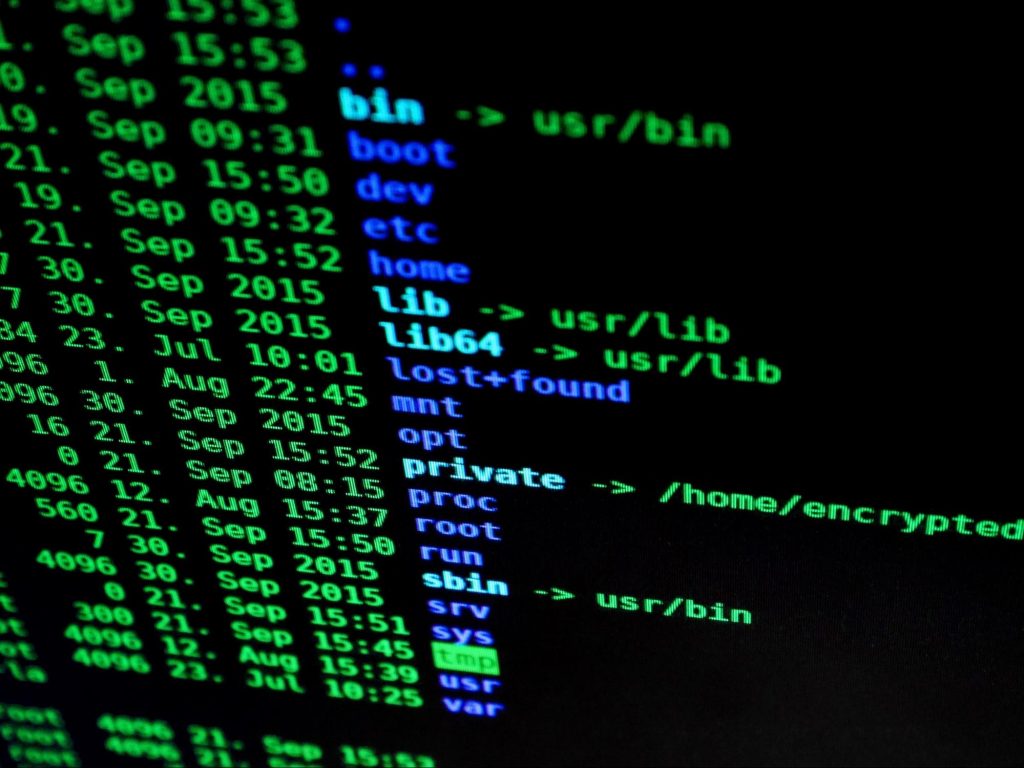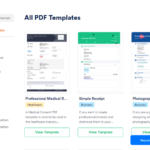Why Data Security is Better than Ever
Every year cyber-attacks aimed at acquiring sensitive data continue to increase at an alarming rate. Panda Labs, the anti-malware laboratory of Panda Security, reported that during the third quarter of 2016, they captured over 18 million new malware samples. Phishing, ransomware, and the use of trojans were the exploits that hackers used most often to steal data. Corporate financial data is one of the biggest targets that cyber-criminals to attack throughout the world. In 2016 hackers stole $81 million dollars from the Bangladesh Central Bank. They did this by gaining access to SWIFT, the financial data platform most often used by the global financial system. Fortunately for businesses and consumers alike, data security online is getting better and better.
Better Password Awareness
By now even novice computer users know that using a simple password is a big security risk. Simple passwords that are easy to remember, like ‘12345’, or ‘password’, are also easy for a hacker to break. Using simple passwords to protect sensitive data is like hiding your car keys above the sun visor when you leave your car. It won’t be very long until it gets stolen. Fortunately for all of us, it is now common knowledge that strong passwords are essential for securing online data. Computer users know that longer passwords are better and that numbers as well as uppercase, lowercase and special characters are stronger. They also know not to use the same password for their online activities because it puts their data at risk.
Beyond Passwords
Many online enterprises are going a step further than strong passwords by offering an extra layer of online security called multi-factor authentication. A password is still required to access an account, but once it is entered, the provider sends a text or email to the user that contains a code. To complete the login process, the user must enter the code into another screen to gain access to their data. Better technology such as fingerprint recognition is also providing more security than passwords. Companies like Apple allow users to log in to their devices by pressing their finger on inputs with recognition technology.
Securing the Cloud
With the mass migration of data to cloud services, improved security practices have become a priority for cloud providers. The good news is that many experts believe that the cloud is the safest place to store data. Most IT professionals believe that increased security is one of the top three benefits for a company that stores data in the cloud. The reasons they gave for cloud data being more secure backed up their claims. Access to cloud data is more secure because it involves better technology, such as key cards and biometric scanning. The cloud servers themselves are usually monitored by security personnel 24 hours a day, seven days per week. The encryption used by cloud providers to secure their data is world-class compared to anything a local user would have. Finally, many cloud companies hire security professionals to provide network monitoring aimed at the detection of unauthorized users.
One of the most efficient and cost- effective ways to store data is to use a distributed network such as Hadoop clusters, where components of a software system are stored on multiple computers. Hadoop is a Java-based programming framework for processing and storing large data sets. To keep Hadoop secure, programmers developing the software chose the Kerberos protocol as their authentication mechanism. Kerberos requires nodes communicating within a system to prove their identity in a secure manner. More recently Hadoop has added encryption for data traveling between nodes and data stored on disk.
The basis for all data security involves confidentiality, integrity, and availability. The way to ensure the security of data stored in the cloud or anywhere else is to require strong passwords, multi-factor authentication and better technology to prevent security breaches by unauthorized users.

















